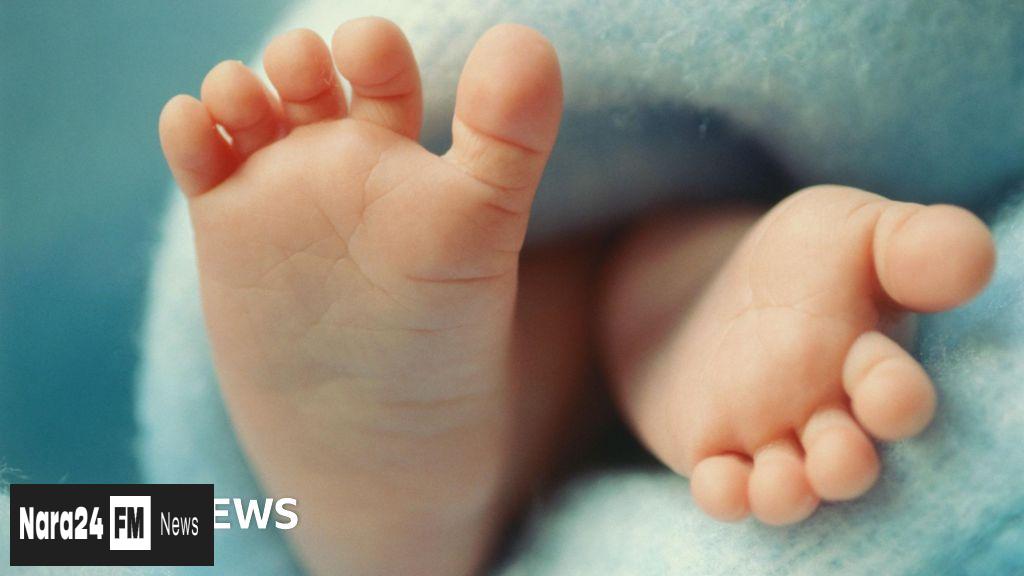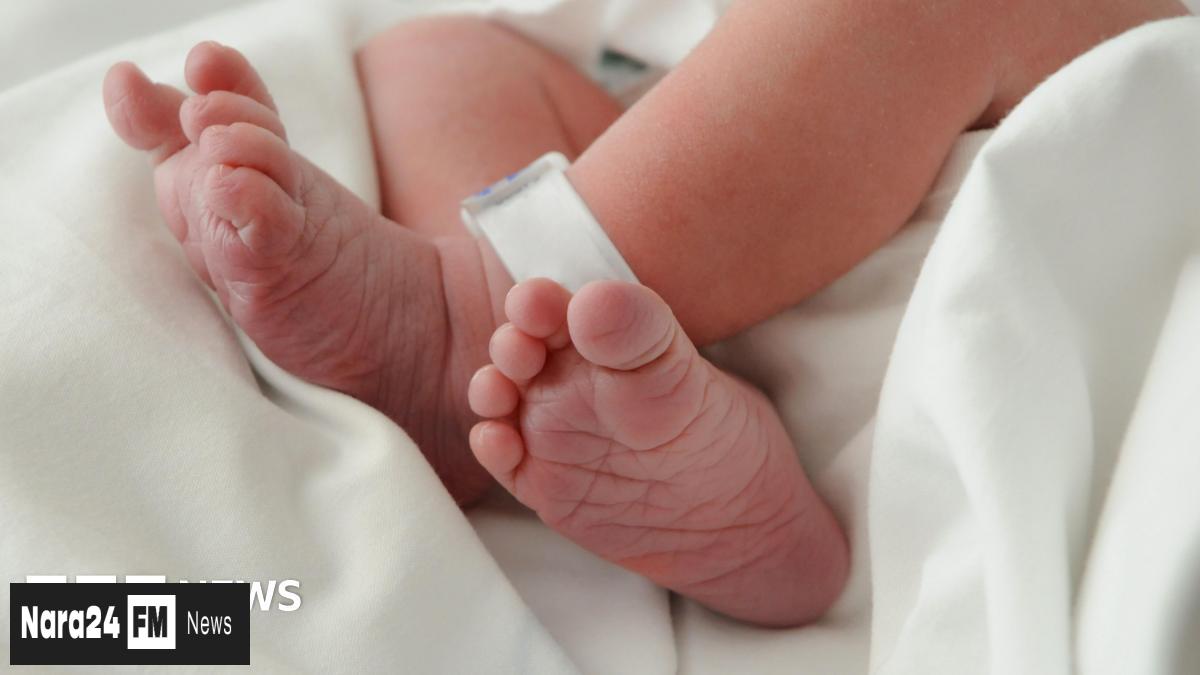In a groundbreaking medical achievement, eight babies in the UK have been born using DNA from three individuals, successfully preventing the transmission of severe and often fatal mitochondrial diseases. This innovative technique, developed by UK scientists, combines the genetic material of a mother and father with a donor woman's healthy mitochondria, offering hope to families at risk of passing on these debilitating conditions.
How It Works
Mitochondrial diseases are inherited from the mother and can lead to severe disabilities, organ failure, and even death in infants. The three-person DNA method involves fertilizing both the mother's and donor's eggs with the father's sperm in a lab. The parents' DNA is then transferred into the donor embryo, which contains healthy mitochondria. The resulting child inherits 99.9% of their DNA from their parents and 0.1% from the donor, effectively eliminating the risk of mitochondrial disease.
A Decade in the Making
This technique was pioneered by researchers at Newcastle University and the Newcastle upon Tyne Hospitals NHS Foundation Trust over a decade ago. It became legally available in the UK in 2017, and the NHS has since established a specialized service for this procedure. According to reports in the New England Journal of Medicine, 22 families have undergone the process at the Newcastle Fertility Centre, resulting in four boys, four girls, and one ongoing pregnancy.
Emotional Relief for Families
Families who have benefited from this treatment have expressed immense gratitude. One mother of a baby girl shared, "After years of uncertainty, this treatment gave us hope—and then it gave us our baby. We look at them now, full of life and possibility, and we're overwhelmed with gratitude." Another parent of a baby boy added, "Thanks to this incredible advancement and the support we received, our little family is complete."
Monitoring and Future Research
All babies born through this method have been free of mitochondrial disease and are meeting their developmental milestones. While one case of epilepsy and an abnormal heart rhythm were reported, these are not believed to be linked to defective mitochondria. Researchers are continuing to monitor these children closely to better understand the long-term effects of the procedure.
Prof. Mary Herbert of Newcastle University emphasized the importance of ongoing research, stating, "The findings give grounds for optimism. However, further work is essential to improve treatment outcomes and address the limitations of mitochondrial donation technologies."
This breakthrough offers hope to families like the Kitto family, whose youngest daughter, Poppy, suffers from mitochondrial disease. Kat Kitto, Poppy's mother, shared, "It's impacted a huge part of her life. We have a lovely time as she is, but there are moments where you realize how devastating mitochondrial disease is."
With this pioneering technique, the UK is leading the way in preventing mitochondrial diseases, providing a brighter future for families at risk.








Comments (0)
Leave a Comment
Be the first to comment on this article!